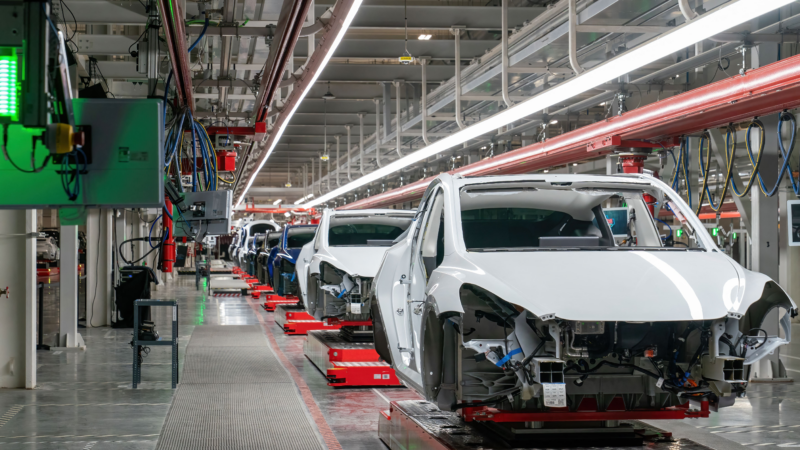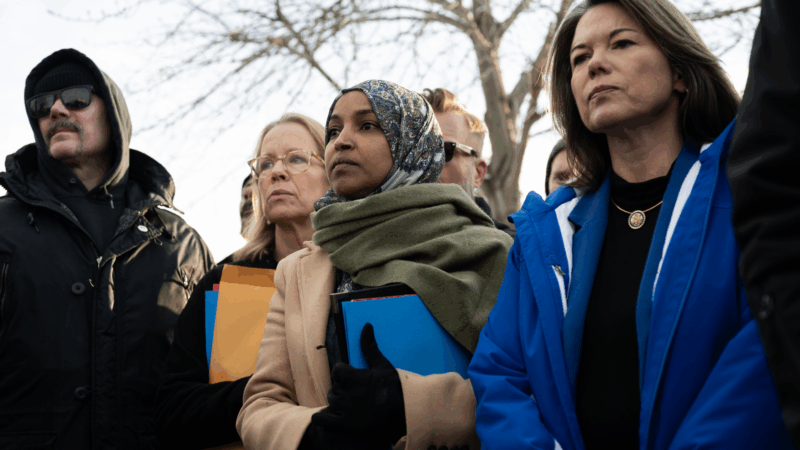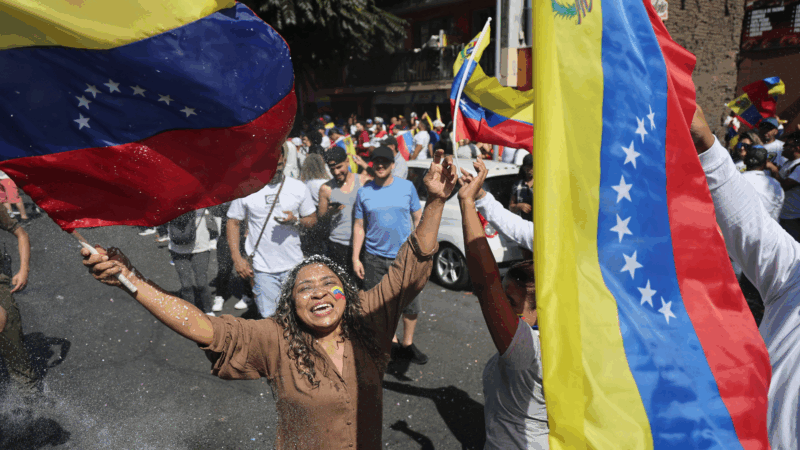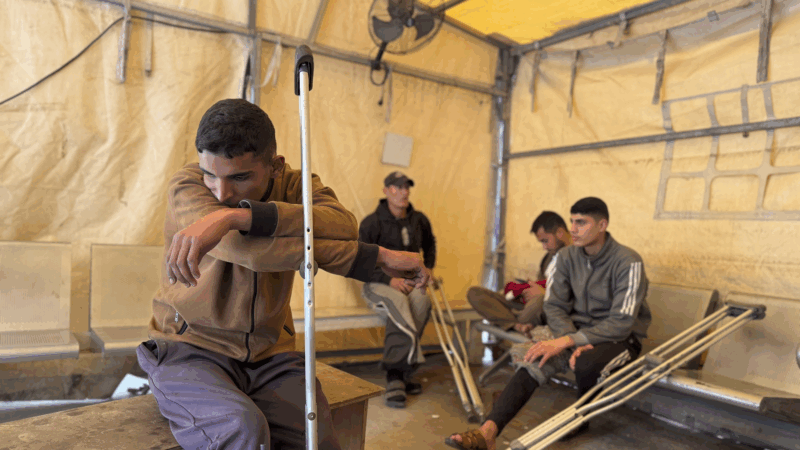Fact-check: Who’s right in the Musk-Navarro feud over Tesla?
Two of President Trump’s key advisors are currently in a rather astonishing and public feud, with tariff-loving Peter Navarro and tariff-skeptical Elon Musk trading insults.
On Monday, on CNBC, Navarro said that Musk “isn’t a car manufacturer — he’s a car assembler,” suggesting that Tesla puts together vehicles composed of foreign-made parts. Musk opposes tariffs, Navarro said, because “he wants the cheap foreign parts and we understand that.”
Musk hit back on his social media platform X on Tuesday, writing, “Navarro is truly a moron. What he says here is demonstrably false.” Also: “Tesla has the most American-made cars. Navarro is dumber than a sack of bricks.”
“Boys will be boys,” the White House press secretary said of this altercation. (Peter Navarro is 75. Musk is 53.)
There’s a lot going on there, most of which is far beyond the remit of a car reporter to explain. But inside this feud there is an actual, factual dispute — and Musk is pretty much right.
Tesla is — rather famously — significantly more vertically integrated than most modern automakers. That means that instead of relying on a network of suppliers for vehicle materials and components, the company does as much as it can in-house. The company does still use some third-party suppliers. But it builds its own batteries, for instance, and has gone as far as building an in-house lithium refinery for its battery raw materials.
There was one Tesla that you could fairly describe as having been “assembled” rather than manufactured: the original Tesla Roadster. That was, indeed, built from off-the-shelf parts — but Tesla quickly shifted away from that approach. Production ended in 2012.
But what about Navarro’s broader critique, that Musk’s tariff opposition is born from self-interest?
It’s true that tariffs on car parts are expected to be wildly disruptive to the auto industry, if they remain in place long-term. But analysts think Tesla will be hurt less than any of its rivals. Analysts at the investment firm Bernstein are projecting a less than 5% impact to Tesla’s gross profit margins, compared to 10-20% for most automakers.
Some more numbers: According to government data, compiled so cars can be labeled based on how “Made in America” their parts are, for model year 2025, 75% of the parts for Tesla’s Model 3 Long Range, by value, are sourced from the U.S. or Canada. That put it in the #2 slot for the most American-made parts on the list, which is compiled by the National Highway Traffic Safety Administration.
(And yes, for “made-in-America” labeling purposes, the government lumps Canada together with the U.S., which is a little inconvenient. Consider it a sign of just how close the trade relationship was … until recently. Canada, too, now faces steep tariffs on some goods.)
And — in a much more readable format than a government spreadsheet — the Model Y tops the Cars.com “Made in America” index, which weighs the NHTSA parts data and plant locations, among other factors.
Navarro is correct that some made-in-America vehicles are less made-in-America than others. “This business model where BMW and Mercedes come into Spartanburg, S.C., and have us assemble German engines and Austrian transmissions, that doesn’t work for America,” he said in that same CNBC interview.
Indeed, some vehicles are assembled in the U.S. using engines and transmissions from Europe or Asia. Teslas just aren’t among them. (Not to mention that Teslas don’t have engines or transmissions, because they’re electric.)
Overall, the companies that rely the most on American parts might surprise you. Despite being based in Japan, Honda is right up there with Tesla in terms of using American-made parts at its U.S. plants; its production is highly localized. GM and Ford, while iconic American brands, rank lower.
And who does NHTSA list #1 for using made-in-America parts? The top vehicle is the Kia EV6 — made by a subsidiary of Hyundai, which is based in South Korea.
America’s top figure skaters dazzled St. Louis. I left with a new love for the sport.
The U.S. Figure Skating National Championships brought the who's who of the sport to St. Louis. St. Louis Public Radio Visuals Editor Brian Munoz left a new fan of the Olympic sport.
DHS restricts congressional visits to ICE facilities in Minneapolis with new policy
A memo from Homeland Security Secretary Kristi Noem, obtained by NPR, instructs her staff that visits should be requested at least seven days in advance.
Historic upset in English soccer’s FA Cup as Macclesfield beat holders Crystal Palace
The result marks the first time in 117 years that a side from outside the major national leagues has eliminated the reigning FA Cup holders.
Venezuela’s exiles in Chile caught between hope and uncertainty
Initial joy among Venezuela's diaspora in Chile has given way to caution, as questions grow over what Maduro's capture means for the country — and for those who fled it.
Sunday Puzzle: Pet theory
NPR's Sacha Pfeiffer plays the puzzle with KAMW listener Daniel Abramson of Albuquerque, N.M, and Weekend Edition Puzzlemaster Will Shortz.
Inside a Gaza medical clinic at risk of shutting down after an Israeli ban
A recent Israeli decision to bar Doctors Without Borders and other aid groups means international staff and aid can no longer enter Gaza or the West Bank. Local staff must rely on dwindling supplies and no international expertise.








